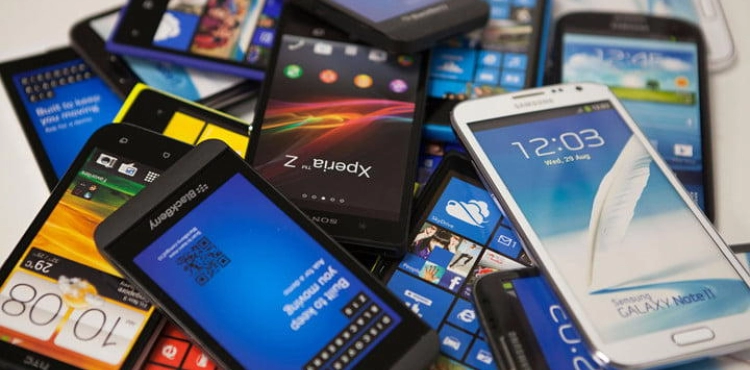From a Himalayan Buddhist monk to an emerging software developer in California: British entrepreneur Andy Bodicom has made an interesting shift in his career.
Through the electronic application "Head Space", which aims to help the user to access the clarity of mind, Bodicom has identified about 42 million people practices meditation, or at least this is the number of times the application downloaded on electronic devices.
The 46-year-old software developer says meditation makes the world a better place. "If we have more empathy with ourselves, we will be more sympathetic to those around us," he says.
The company is headquartered in Los Angeles, USA, with 260 employees. This number has begun to increase since mid-March after the company´s products began to be available in a second language, German.
The e-application focuses on several different goals of meditation, including improving sleep and developing personality as well as reducing stress and anxiety. By the end of this year, the company´s products will be available in five languages.
Bodikum says he tried to practice meditation with his mother when he was 11 years old. When he was in his early 20s, several of his acquaints suffered in a car accident.
Bodicom remembers that period, saying that despite the many books he had read, and the strenuous attempts he had made to try to distract his mind from that experience, "I did not get the feeling of tranquility."
He then decided to abandon his studies in mathematical science, go to the Himalayas to learn how to meditate, and eventually be ordained as a priest in a temple in the northern Indian province of Tibet.
Ten years later, Bodecom returned to London and set up his own meditation studio. During that time, he met with Rich Pearson, an advertising expert on the verge of bankruptcy, and collaborated together on the creation of the "SpaceSpace" application based on their relative meditation experiences Marketing.
The idea was immediately successful, and Hollywood stars such as Ryan Reynolds, Gwyneth Paltrow, Emma Watson and others praised the application.
Bolicom, who now lives in Los Angeles with his wife and child, has reached celebrity status by appearing in some talk shows with broadcasters such as Jimmy Fallon and Eileen Degeniers.
Although the primary objective of achieving the clearest possible minds of as many people as possible has been to a certain extent, the electronic application of meditation has become a major project.
Apple says that "self-care" applications are becoming the norm in 2018, with applications for meditation such as "10% Haber", "Calm" and "Shine".
"We have done some of these wonderful applications of self-interest," Apple said.
By the beginning of 2019, the electronic application Calm, the second most popular application for reflection in the United States after Headspace, has attracted 75,000 new users every day from around the world.
This e-application provides hundreds of hours of content on a wide range of ideas. "The goal is to increase focus, awareness and develop calm," said Alex Weil, Cal´s planning director.
Many of these applications offer a free trial version. Those who want to take advantage of additional services for the application, there is the option of monthly subscription, which is worth in the case of "Head Space" about 13 euros per month ($ 14.5) or an annual subscription of 95 euros.
But is not it ironic that people are looking for psychological peace by mobile phone? It is the same device that has speeded up the pace of our lives, and the humiliation of things really important in life.
"I do not think the mobile phone is stressful, it´s our behavior in dealing with it and our relationship to this device," he says.
For Vodacom, mobile phones are "a platform through which we can communicate with others wherever they are." In his case, phones make it possible for people to practice meditation anywhere.
But Günter Hedach, a German expert in mental alertness and a teacher, views the issue differently. Smartphones are of course valuable when you use them on a regular basis, but that requires a certain degree of discipline. "
"When you practice meditation, you engage in certain experiences, and you have to discuss these experiences with a teacher from time to time, especially at the beginning."
Moreover, it is believed that the experience of meditation within a group of individuals is often more powerful compared to practicing meditation alone through an electronic application.
This opinion is echoed by Jonas Mikalak, an expert on mental alertness and professor of psychology at the University of Witten / Herdke.
Mikalak initially questioned the usefulness of electronic meditation applications, but added: "But I have seen its positive impact as many people can practice meditation and access to clarity of mind through these applications."
For some, this is what they need, and those who wish to deepen meditation practice or who suffer from psychological problems, it advises them to get more intensive support through psychological therapy or programs to achieve clarity of mind.
The conclusion is that "these applications are not magic treatments," says Mikalak, a psychiatrist and mental alert.












